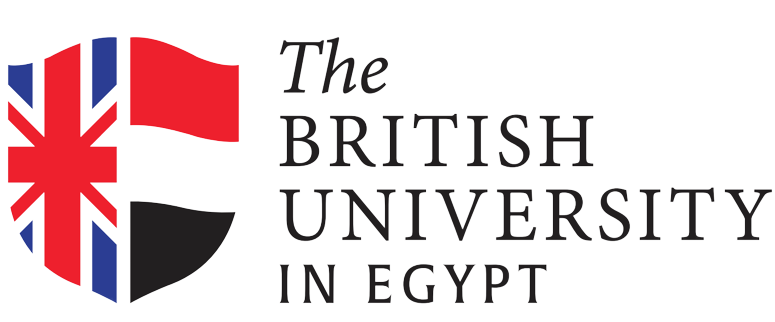{slider Intended Learning Outcomes}
a. Knowledge and understanding
On successful completion of this programme, students should be able to demonstrate knowledge and understanding of:
- selected concepts and methods involved in the academic discipline of film and media studies as a comprehensive discipline that deals with film production and media practices, media ethics, screen writing, media research, writing skills, photographing, media management and media theory;
- film and media studies, which we explore using general theories and on which we reflect both normatively and positively;
- the workings of media institutions and actors, film and media development, film and media ethics and regulatory structures;
- film and media production operating at the national and international level;
- media convergence; multimedia use; and the interaction between traditional and new media;
- film and media analysis; film and media criticism from national and international perspectives;
- the nature and significance of film and media studies as a human activity.
Teaching, learning and assessment strategies to enable outcomes to be achieved and demonstrated
Modules are typically delivered using a combination of lectures and tutorials. Assessment is via a combination of written examinations, as well as coursework and continuous assessment. Coursework forms a particularly important form of assessment that can be used to : (i) strongly motivate independent learning (ii) improve student planning and time management (iii) develop the comprehension and usage of English as the language of instruction, self-expression and writing within a non-native English speaking environment.
{slider Skills and other attributes}
b. Subject-specific cognitive skills
On successful completion of this programme, students should be able to:
- use multiple sources and critically evaluate research strategies and methods, the range employed varying according to purpose;
- apply concepts, principles and theories used in the study of film and media to understand, analyse, produce and disseminate film and media content;
- compare, contrast, and evaluate different approaches of cinema and media issues, film and media production, media and society, media and politics, and media consumption in a logical, systematic manner;
- identify, investigate, analyse, and formulate role of the media in the contemporary society.
Teaching, learning and assessment strategies to enable outcomes to be achieved and demonstrated
Cognitive skills are promoted by lectures, small group work, class discussions, and independent study consisting of reaction papers and research essays.
Cognitive skills are assessed by coursework and examinations. Examinations show how well the student can demonstrate their mastery of an area of scholarly knowledge by being asked to respond from memory to a series of unseen questions within a limited time period. Coursework allows students to demonstrate wider academic skill focused on the wider, personally motivated skill of scholarly research, systematic analysis, and organized, polished writing.
c. Key/transferable skills
On successful completion of this programme, students should be able to:
- gather, organise and deploy evidence data and information from a variety of secondary and some primary sources;
- think critically and analytically about the subject matter;
- construct reasoned arguments based upon theoretical and empirical foundations;
- reflect on their own learning and make use of constructive feedback;
- manage their own learning self-critically;
- recognise the importance of explicit referencing and the ethical requirements of study which requires critical and reflective use of information and communications technology in the learning process;
- communicate effectively and fluently in speech and writing;
- use communication and information technology, including audio-visual technology, for the retrieval and presentation of information, including, where appropriate, statistical or numerical information;
- work independently, demonstrating initiative, self-organisation and time management, progressing through the degree program to become a mature, independent learner;
- collaborate with others to achieve common goals through, for example, group work, group projects, group presentations, etc.
Teaching, learning and assessment strategies to enable outcomes to be achieved and demonstrated
All Film and Media Studies modules have tutorials and/or dedicated office hours. Tutorials provide for both individual participation and group work. Students are given guidance on using library facilities, studios, news rooms and using ICT, and on-going advice and help is available. All modules make use of ICT facilities. Students are advised on the skills associated with effective time-management, and required to meet deadlines on a regular basis.
{/sliders}
